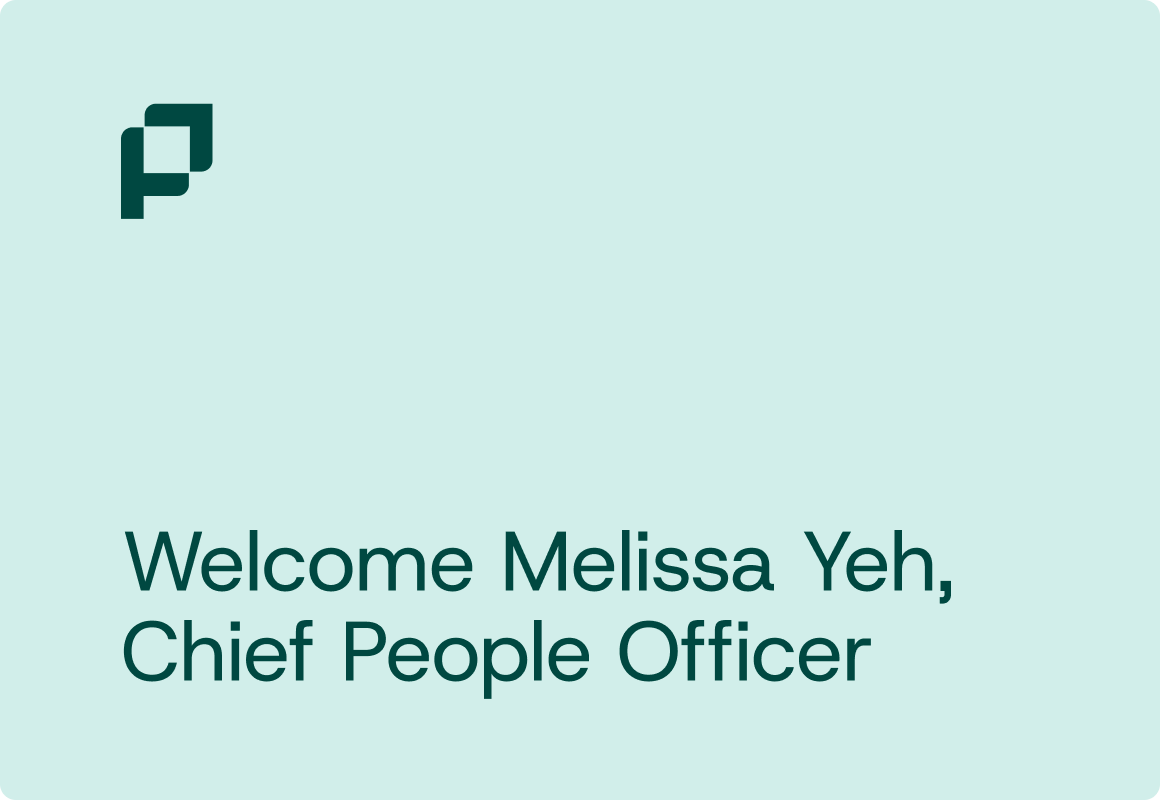Interoperability In Pharmacy: Standards, Challenges and Solutions

What is Interoperability in Healthcare?
Interoperability in healthcare is the ability of diverse information systems, devices, and applications to access, exchange, and integrate data in a coordinated manner.
This exchange of information enables healthcare teams to deliver higher-quality care by having readily available comprehensive and accurate patient information. In pharmacy operations, interoperability ensures that medication orders, patient records, and other critical data are consistently shared across various systems with minimum manual intervention, reducing errors and improving efficiency.
The Importance of Interoperability in Pharmacies
Interoperability in pharmacies is important for several reasons:
- Getting a Full View of the Patient: A complete and accurate view of a patient’s medical history, including medications prescribed by different providers, is vital. A comprehensive view allows pharmacists to make informed decisions about medication management, reducing the risk of adverse drug interactions and ensuring optimal patient outcomes.
- Receiving Medication Orders and Removing Manual Work: Interoperability allows for the automatic receipt and processing of medication orders, eliminating the need for manual data entry. This not only saves time but also minimizes the potential for human error, enhancing patient safety and improving workflow efficiency.
Key Interoperability Standards in Healthcare
Several interoperability standards facilitate data exchange in healthcare:
- HL7 V2.x (Health Level Seven International): HL7 version 2 provides a framework for the exchange, integration, sharing, and retrieval of electronic health information. These messages are frequently sent in real time based off events in a system, such as an "ADT" or admission, transfer, or discharge. An HL7 V2.x message consists of 'segments' on a single row and 'fields' within a row. Fields are frequently delimited by the ‘pipe’ character (“|”).
- FHIR (Fast Healthcare Interoperability Resources): FHIR is a standard for exchanging healthcare information electronically. It is designed to be flexible, providing a set of resources that can be combined in various ways to meet the needs of different healthcare systems. FHIR resources are frequently represented as JSON.
- NCPDP (National Council for Prescription Drug Programs): NCPDP sets standards for exchanging prescription-related information, ensuring that pharmacies, healthcare providers, and payers can seamlessly share data. The NCPDP SCRIPT standard for electronic prescribing governs the electronic transfer of medication orders in the United States.
Challenges to Achieving Interoperability
Achieving interoperability in healthcare is not without its challenges:
- Common Barriers: Diverse systems and software often use different data formats and field names, making it difficult to integrate and standardize information.
- Different Data Formats and Field Names: Variability in how data is formatted and named across systems can lead to inconsistencies and communication gaps.
- Moving Data Between On-Premise and Cloud Environments: Transitioning data from traditional on-premise systems to cloud-based solutions can be complex, requiring careful planning and execution to ensure data integrity and security.
Solutions and Best Practices for Interoperability
To overcome these challenges, several strategies and best practices can be implemented:
- Regulatory Pressure: Regulations such as those against information blocking encourage healthcare providers and vendors to adopt interoperable systems. Compliance with these regulations ensures that patient data can be shared seamlessly across different platforms.
- Data Normalization: Standardizing data formats and field names is essential for achieving interoperability. This process, known as data normalization, ensures that information from different sources can be integrated and used consistently.
- Choosing Systems with an API-Forward Approach: Pharmacies and other healthcare providers can choose systems that are designed with interoperability in mind. Publicly available APIs that adhere to established standards generally indicate that a healthcare vendor takes a robust approach to interoperability.
By embracing interoperability, pharmacies can enhance their operations, reduce administrative burdens, and, ultimately, provide better patient care. Plenful is committed to advancing interoperability in the pharmacy space, ensuring that our solutions are designed to meet the highest standards of data integration and exchange.
Related blogs

Welcoming Melissa Yeh, Our New Chief People Officer

Pharmacy on the Frontlines: Takeaways from Becker’s Chief Pharmacy Officer Panel

Plenful Named to TechCrunch's AI Disruptors 60 List



